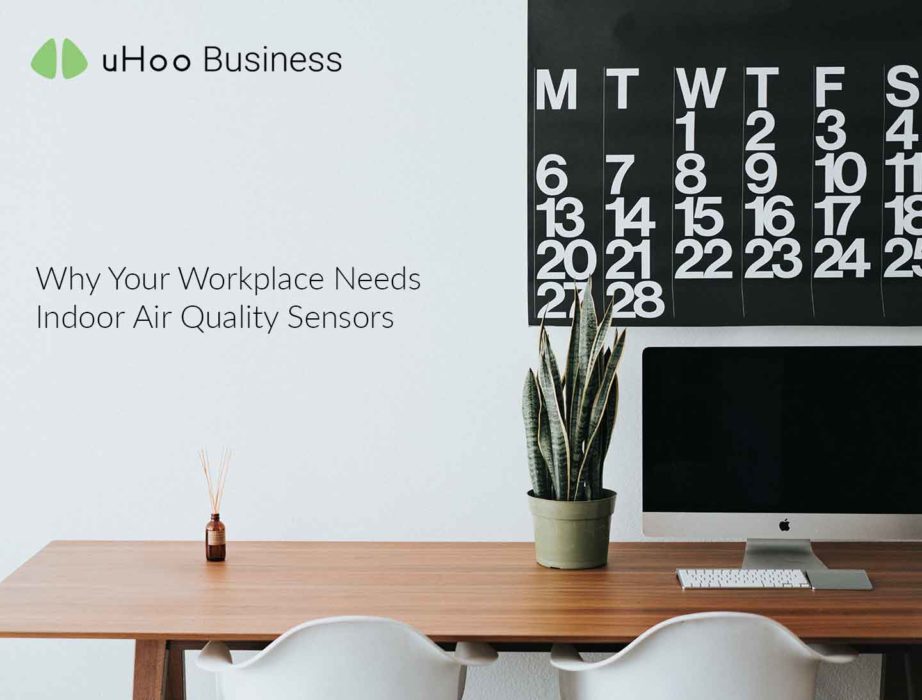
Our planet is tormented by a number of environmental issues that are exhausting our natural resources and are posing problems in our daily living. If unmanaged, these issues will greatly affect our businesses. One of the environmental problems that is dominant these days is air pollution.
While many of us know that air pollution exists because of the smoke and gasses released by factories, automobile emissions, wildfires, open burning of wastes, and many other activities happening outdoors, a lot of research has been done to provide evidence that this type of problem also subsists in indoor locations, including workspaces.
The most common knowledge that most of us are aware of is that indoor air pollution contributes to the development of respiratory ailments. While this holds true, the negative effects of indoor air pollution manifest not only in health, it can also greatly influence a company’s brand.
But how can poor indoor air quality do that?
Your customers care about your social and environmental contributions
Some companies bet on business strategies that are focused on lower prices of products, others sell commodities that have higher prices but with higher quality. But customer expectations are changing, and quality and affordable pricing of products and services aren’t all that matter. Today, a company’s social and environmental contributions are also being watched.
A recent survey shows that customers are now paying real and more attention to a company’s initiatives regarding social and environmental issues. Consumers are more likely to engage with a company if the company’s purpose matches with theirs. 42% of these consumers said they will step away and 21% claimed that they will never come back to brands that do not match their social and environmental principles.
It can make you win or lose customer loyalty
The digital age has changed the way businesses and customers interact with each other. Most communications and purchasing processes are made online, and lesser transactions are happening face to face, making it easier for customers to quickly lose trust in a business. But taking part in environmental issues such as air pollution is a great way to build customer trust. Businesses that are focused on the bigger purpose rather than its profits makes them appear to be more caring and thoughtful, this increases the company’s credibility and makes them their customer’s go-to brand.
Poor indoor air quality damages productivity
The effects of poor indoor air quality are directly focused on health, but it can also have indirect effects, particularly on an employee’s productivity. If the working environment that you are providing for your employees leads them to becoming ill, it is indeed clear that their productivity will also get hit. Exposure to poor indoor air quality at work results in employees getting frequently ill and taking more sick leaves. Some may continue to do the work but at a reduced pace and efficiency.
But the productivity costs of poor indoor air quality at work isn’t just about workers taking sick leaves and absences. In fact, many employees overwork to compensate for lost productivity, leading to burnout. Reduced productivity and overworking due to bad air affects the quality and quantity of work output, which can result in customer complaints, dissatisfaction, and poor brand reviews.
The effects of poor indoor air quality is far and wide reaching. First, it influences health, then damages work performance and productivity, then leads to bad quality of work output, increases unpleasant reviews, and lastly, puts strain on the company’s brand image.
What other effects does poor indoor air quality at work do you think a business would experience?
References:
- United World Telecom
- Forbes
- Youmatter.world
- WHO



